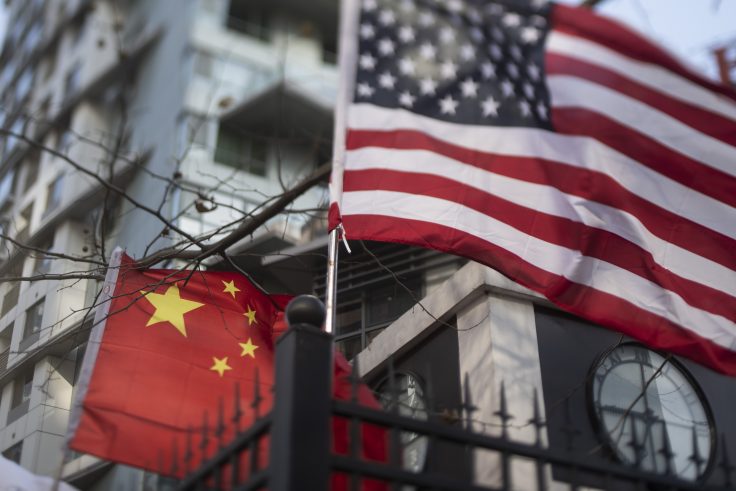The editor of a state-controlled Chinese newspaper invoked the Tiananmen Square massacre, in which the Chinese government massacred thousands of pro-democracy protesters, to criticize President Donald Trump.
"He is the 'Tank Man' of the US. He tries to block the arrogance, anti-scientific temperament of some Americans, which is, however, supported and promoted by the US President," Hu Xijin, editor in chief of the Global Times, wrote on Twitter.
He is the 'Tank Man" of the US. He tries to block the arrogance, anti-scientific temperament of some Americans, which is, however, supported and promoted by the US President. pic.twitter.com/Yyxzm1gso6
— Hu Xijin 胡锡进 (@HuXijin_GT) April 21, 2020
Hu's comment referred to a photo of a medical worker standing in the way of cars driven by protesters calling for the rescinding of lockdown orders. Protests against lockdown orders have sprung up in some states across the country.
The Global Times is a daily newspaper in China that operates as the mouthpiece of the Chinese Communist Party and is known for its aggressive nationalistic stances. Hu has promoted conspiracy theories blaming the United States for instigating the Hong Kong democracy protests and consistently misrepresented the objectives of the Hong Kong protesters to discredit them.
Hu's use of the phrase "Tank Man" is a reference to a historic photo of a man standing in front of a column of tanks leaving Tiananmen Square one day after Chinese forces violently suppressed pro-democracy protests. The Tiananmen Square Massacre, which occurred on June 4, 1989, involved Chinese army and police forces firing on hundreds of thousands of protesters who had gathered to call for liberty in the communist dictatorship.
As many as one million protesters gathered in the square. It is estimated that thousands of protesters were killed and thousands more were arrested. The massacre drew international criticism, including from the Soviet Union, and the United States imposed economic sanctions on China in the aftermath.
The "Tank Man" photo became an international symbol of resistance against totalitarian regimes, and the Chinese government has aggressively censored information about the event within its borders.
